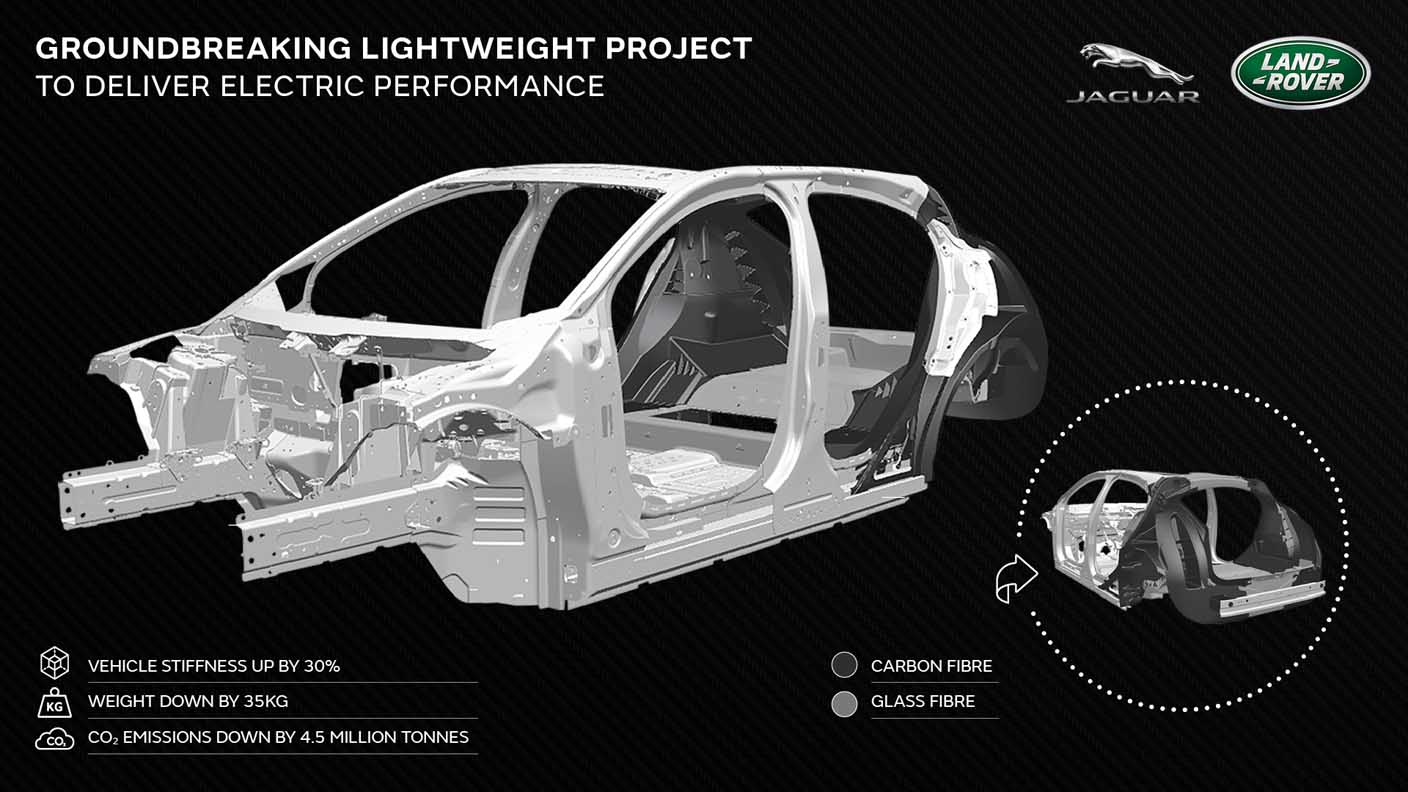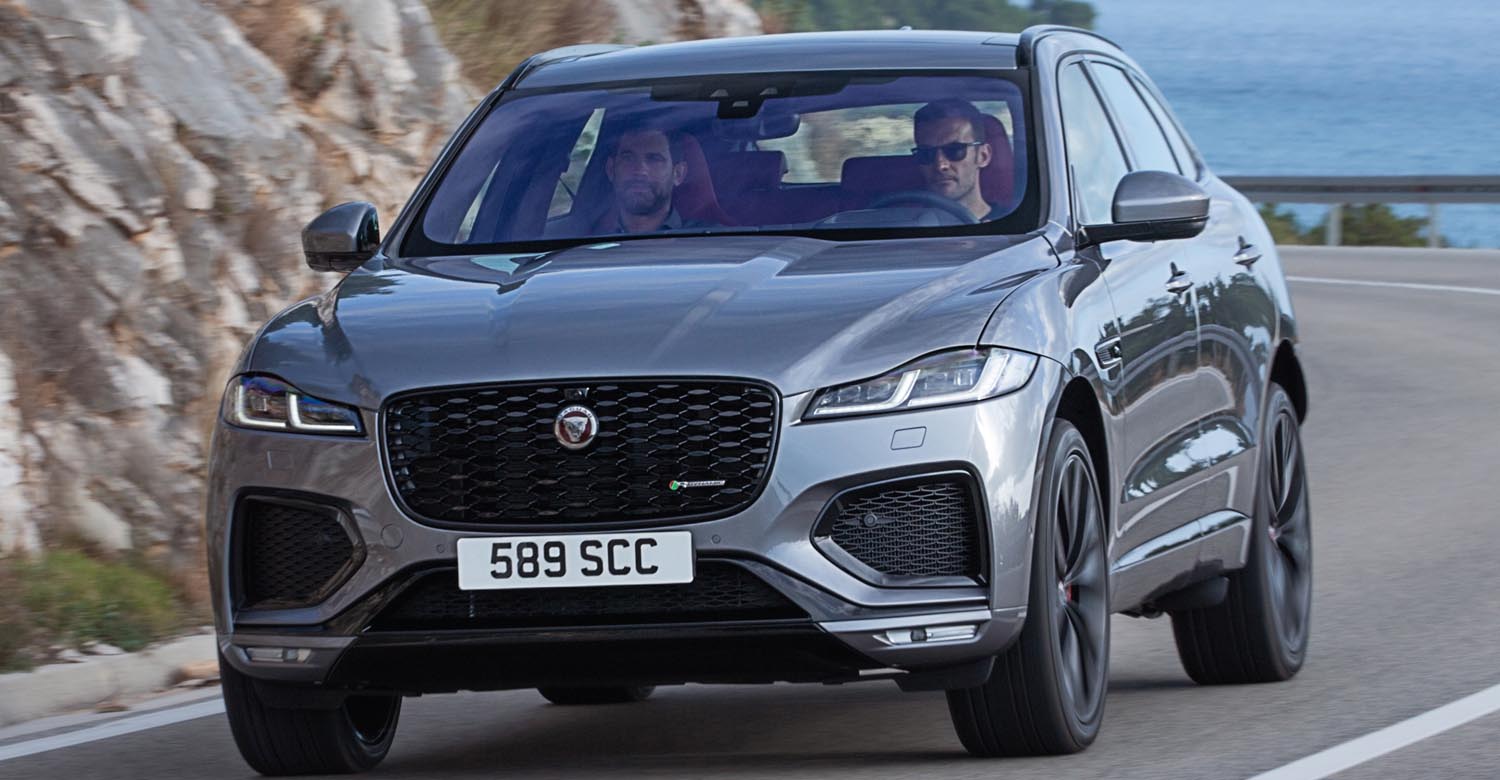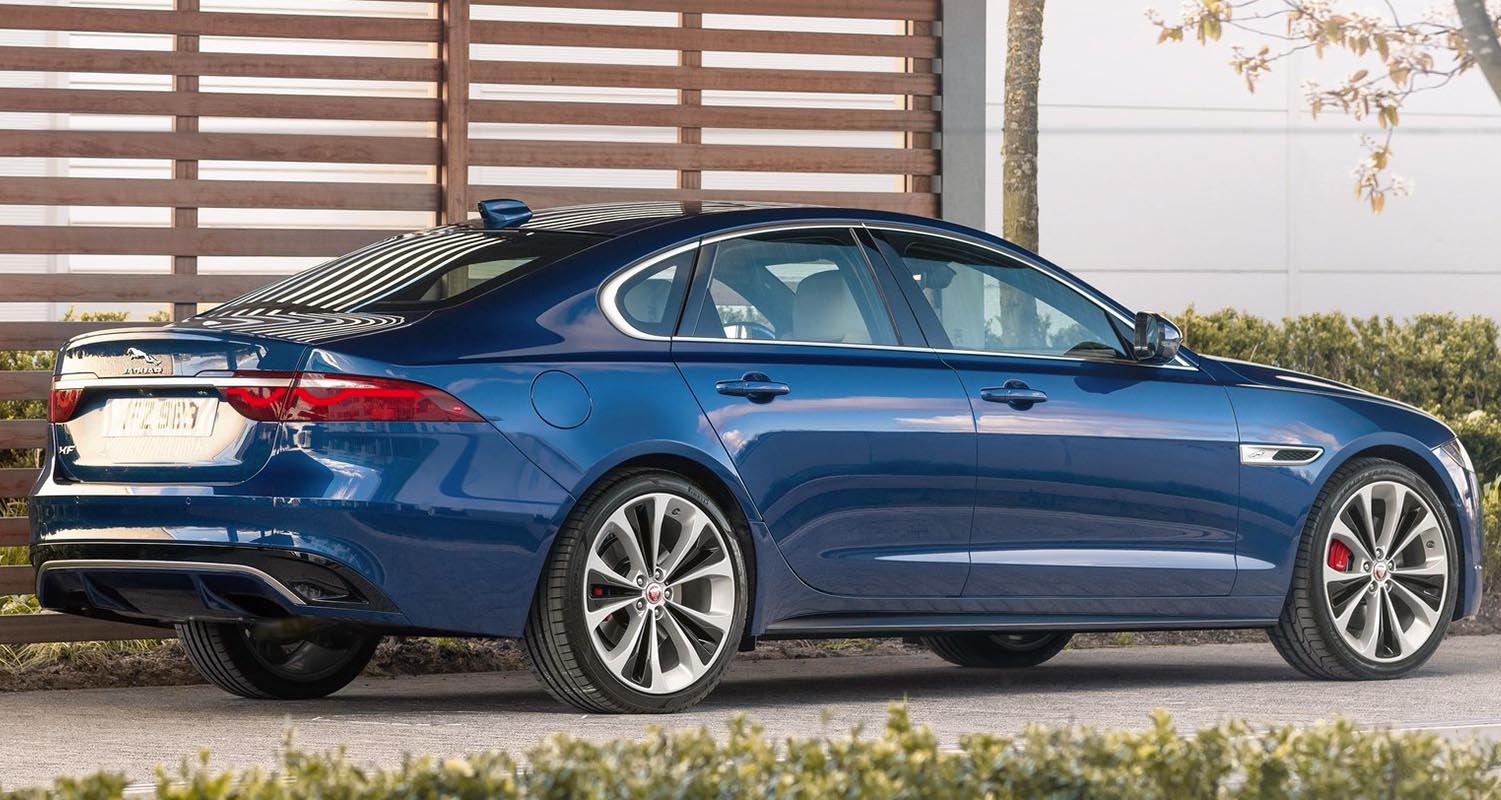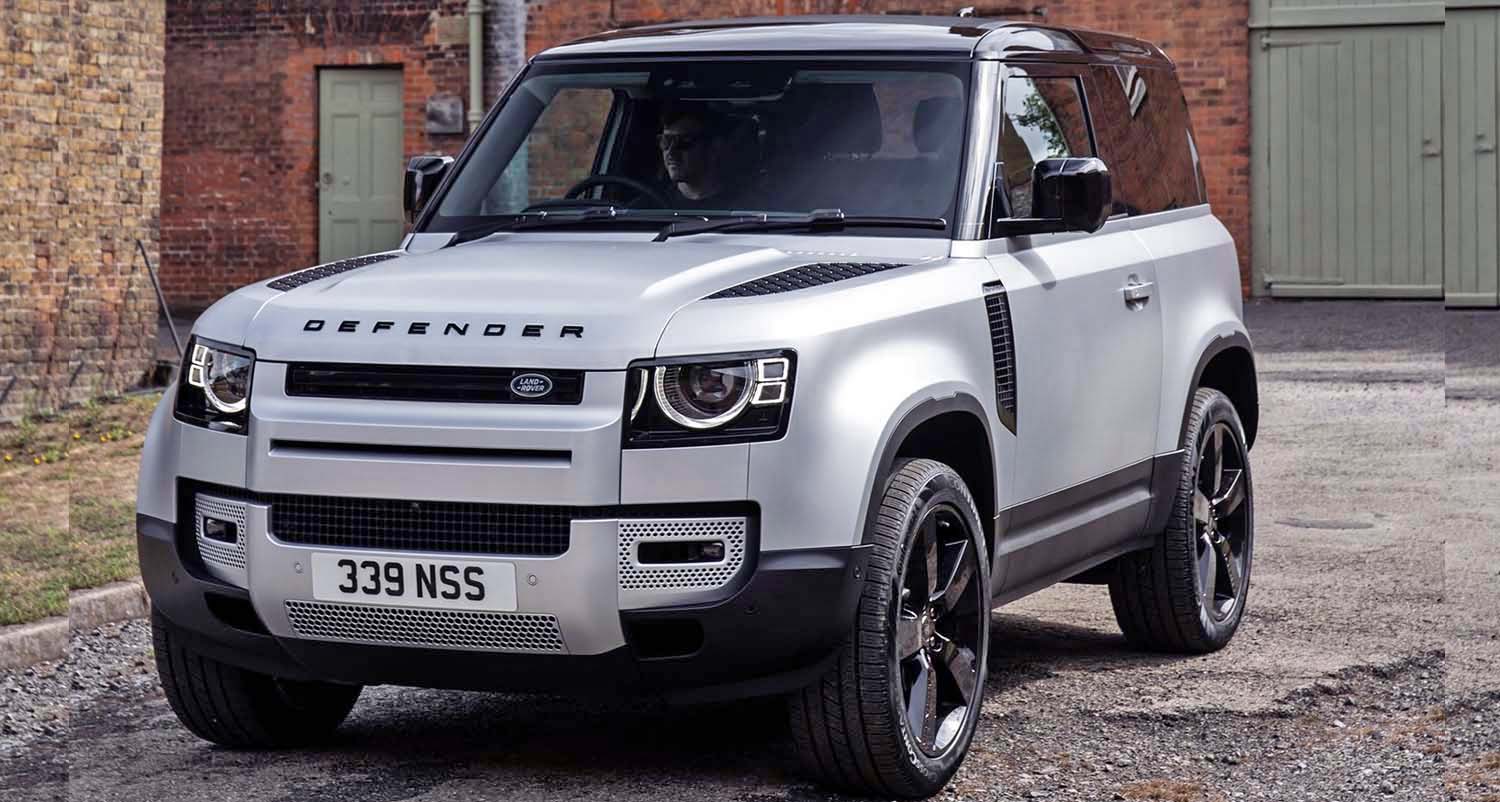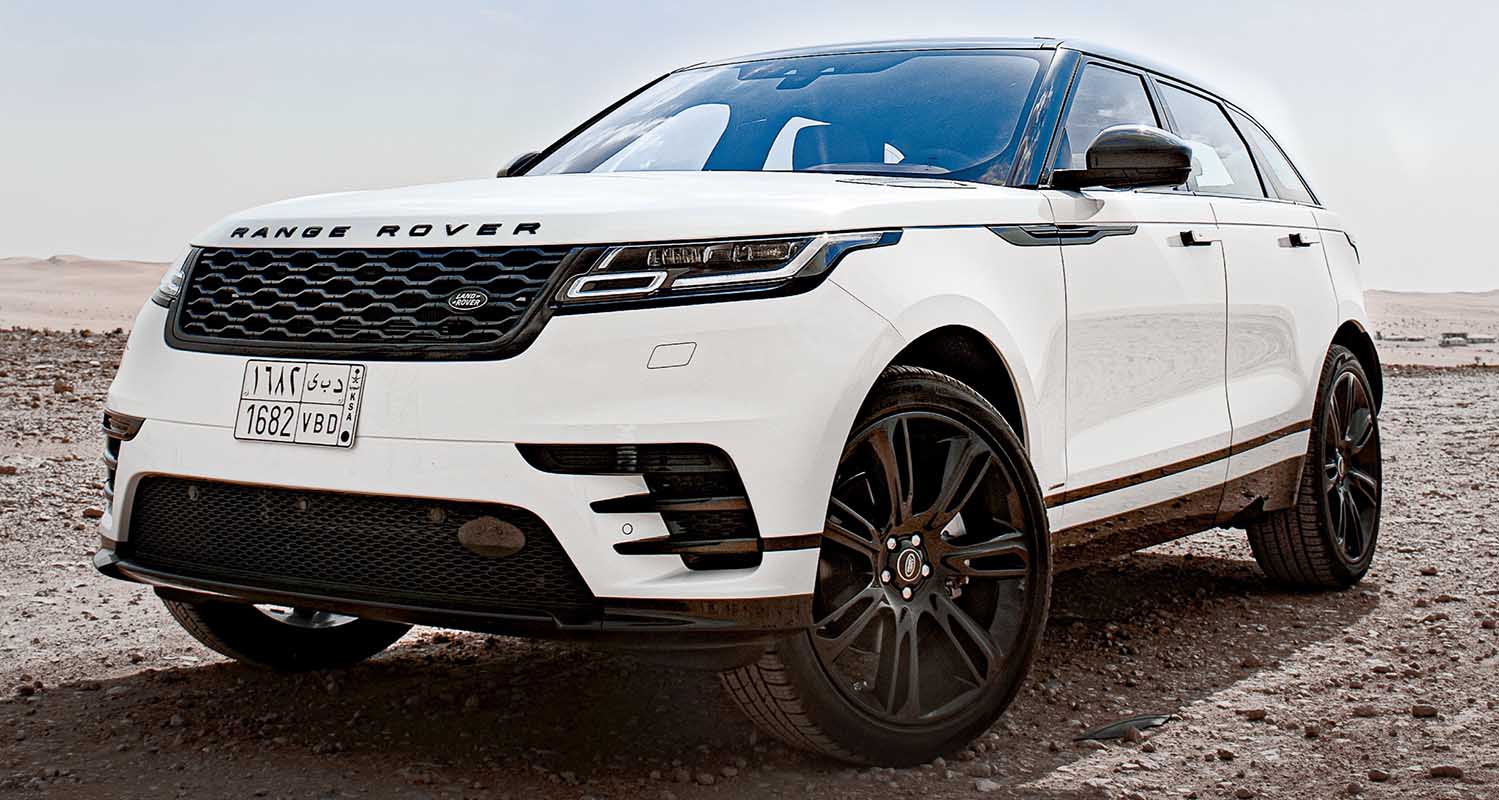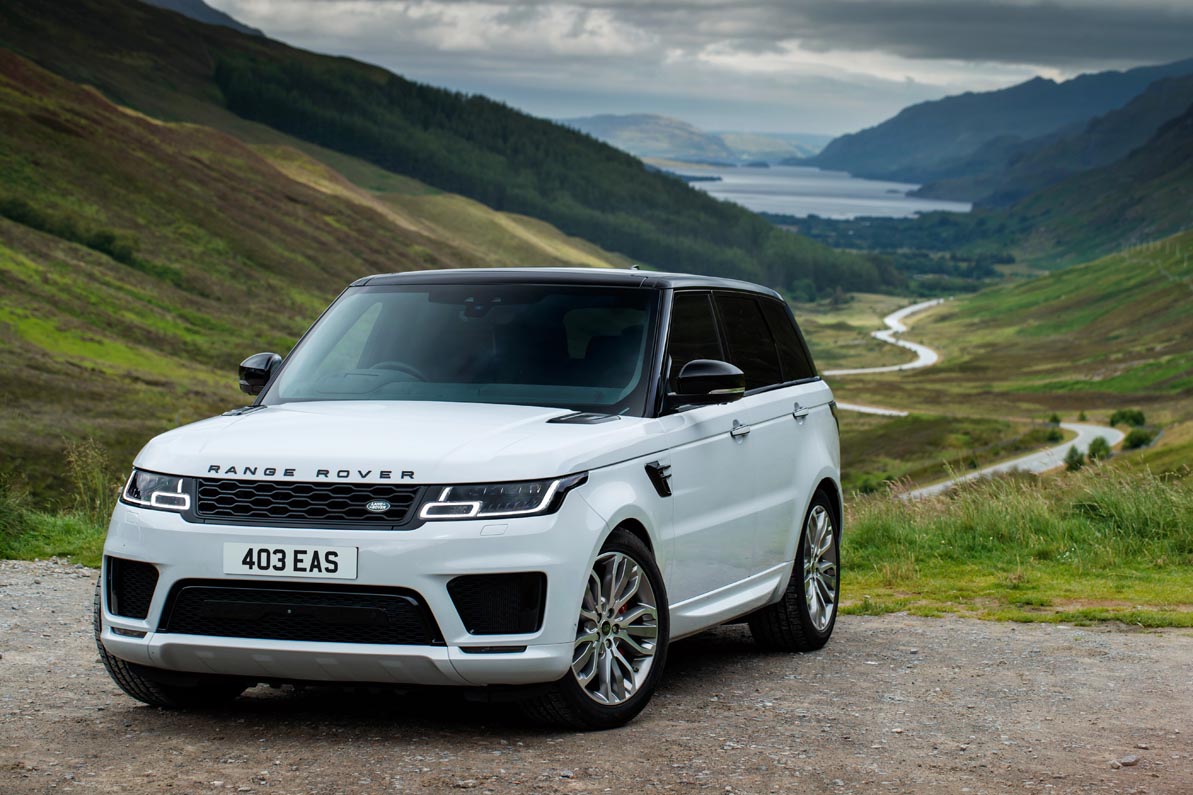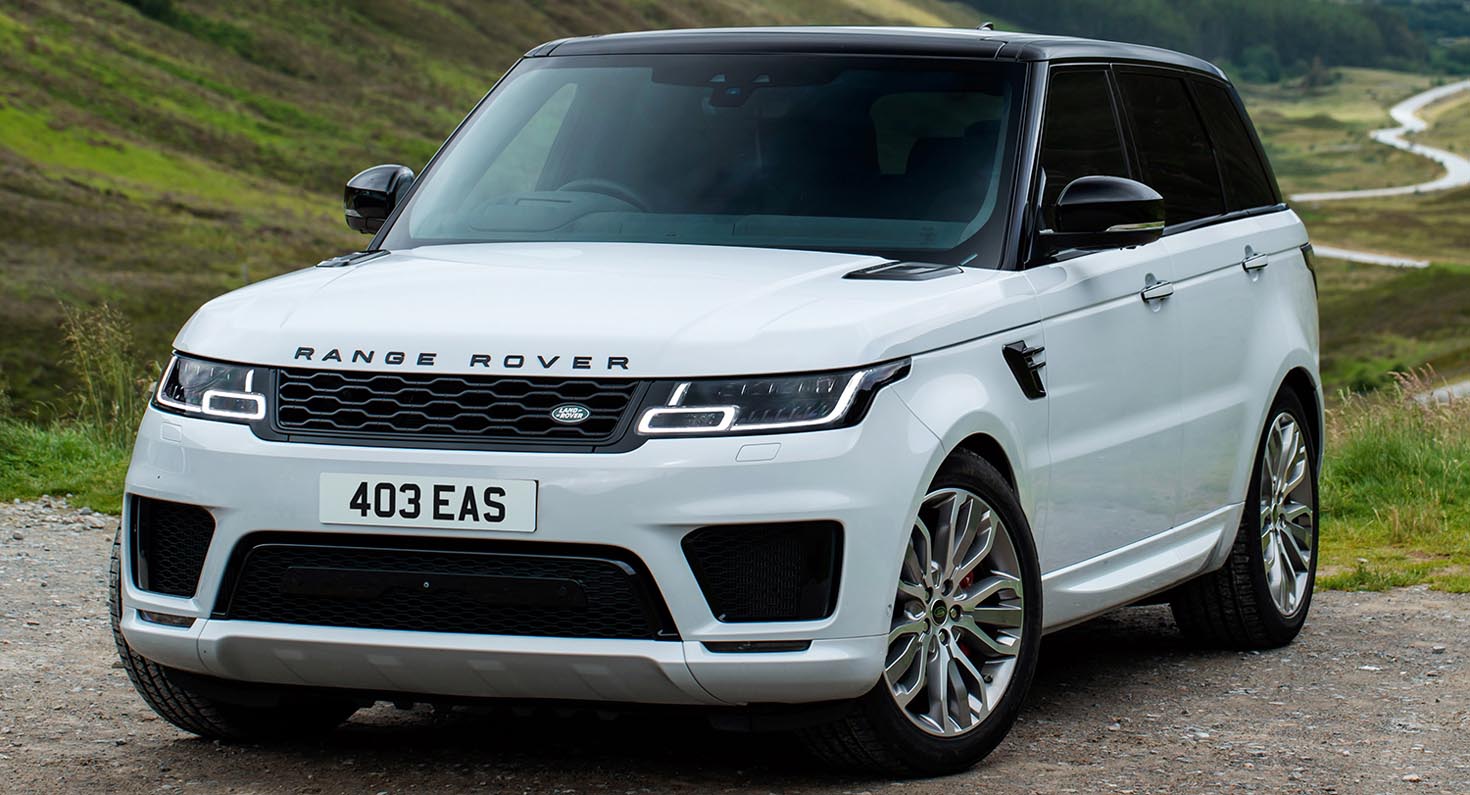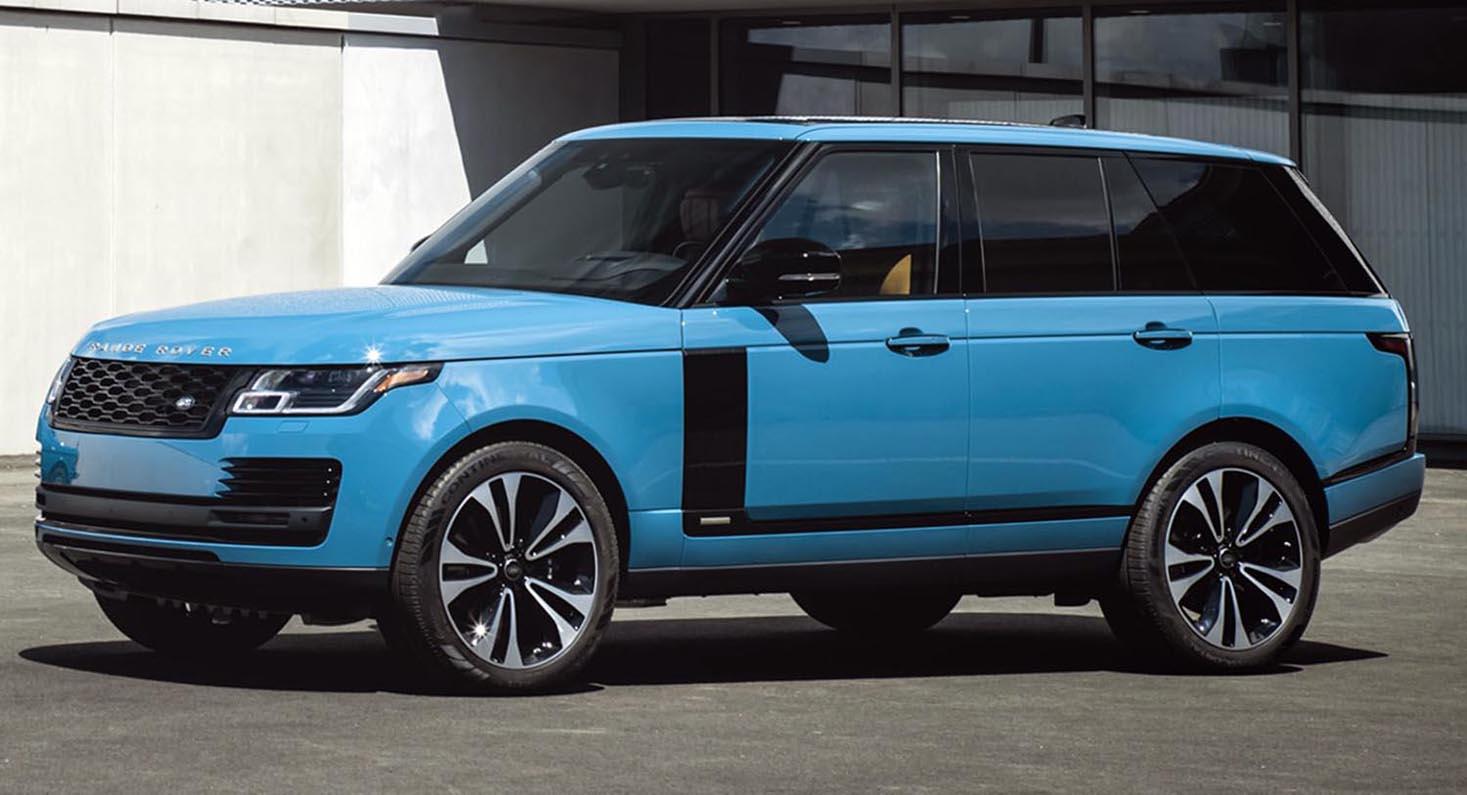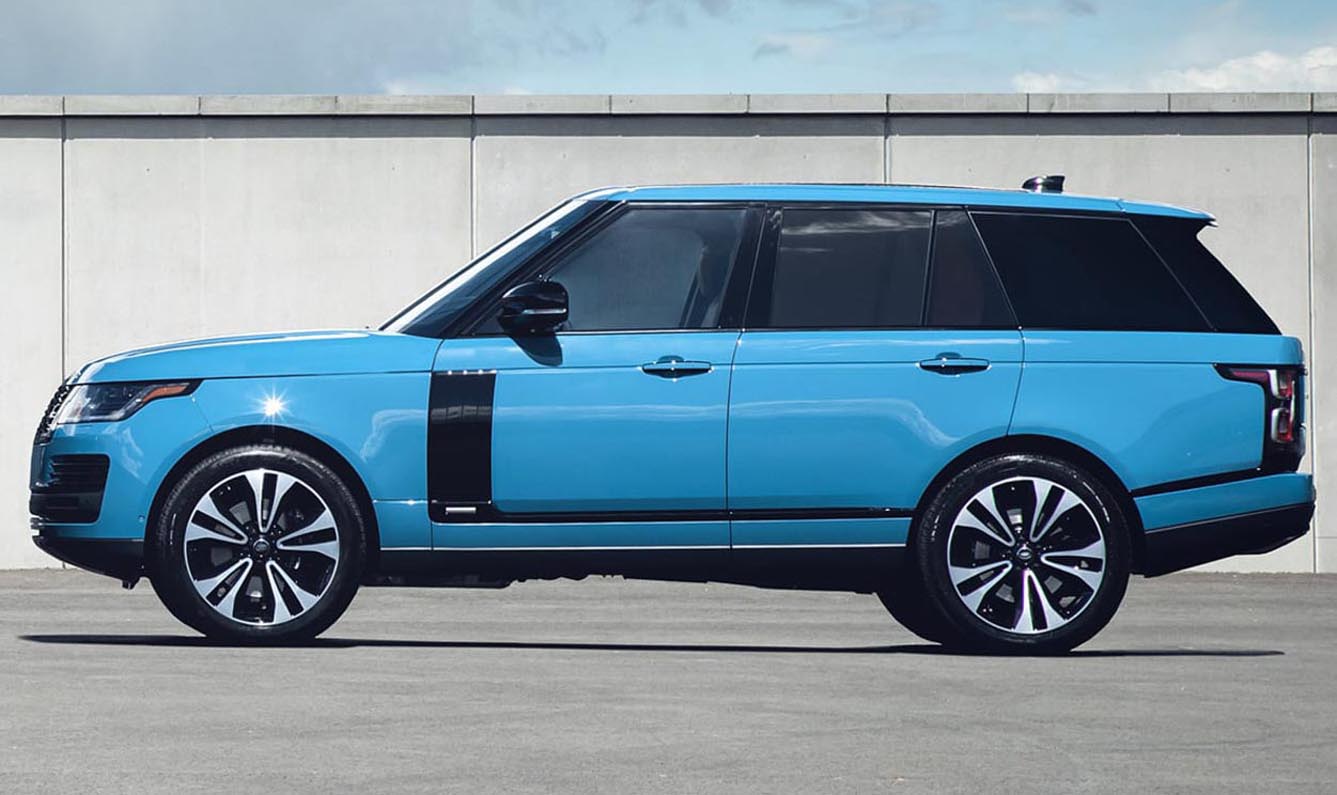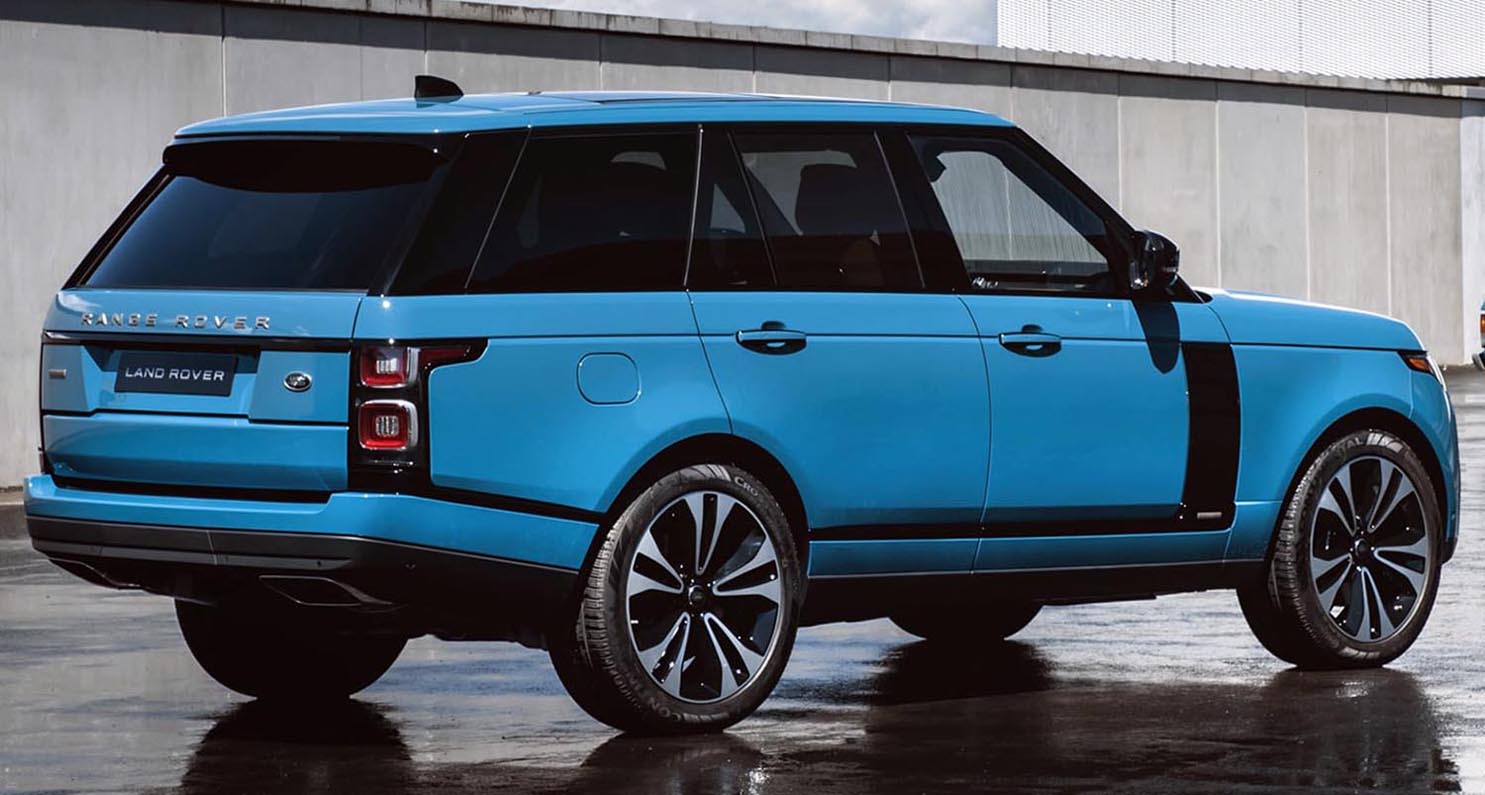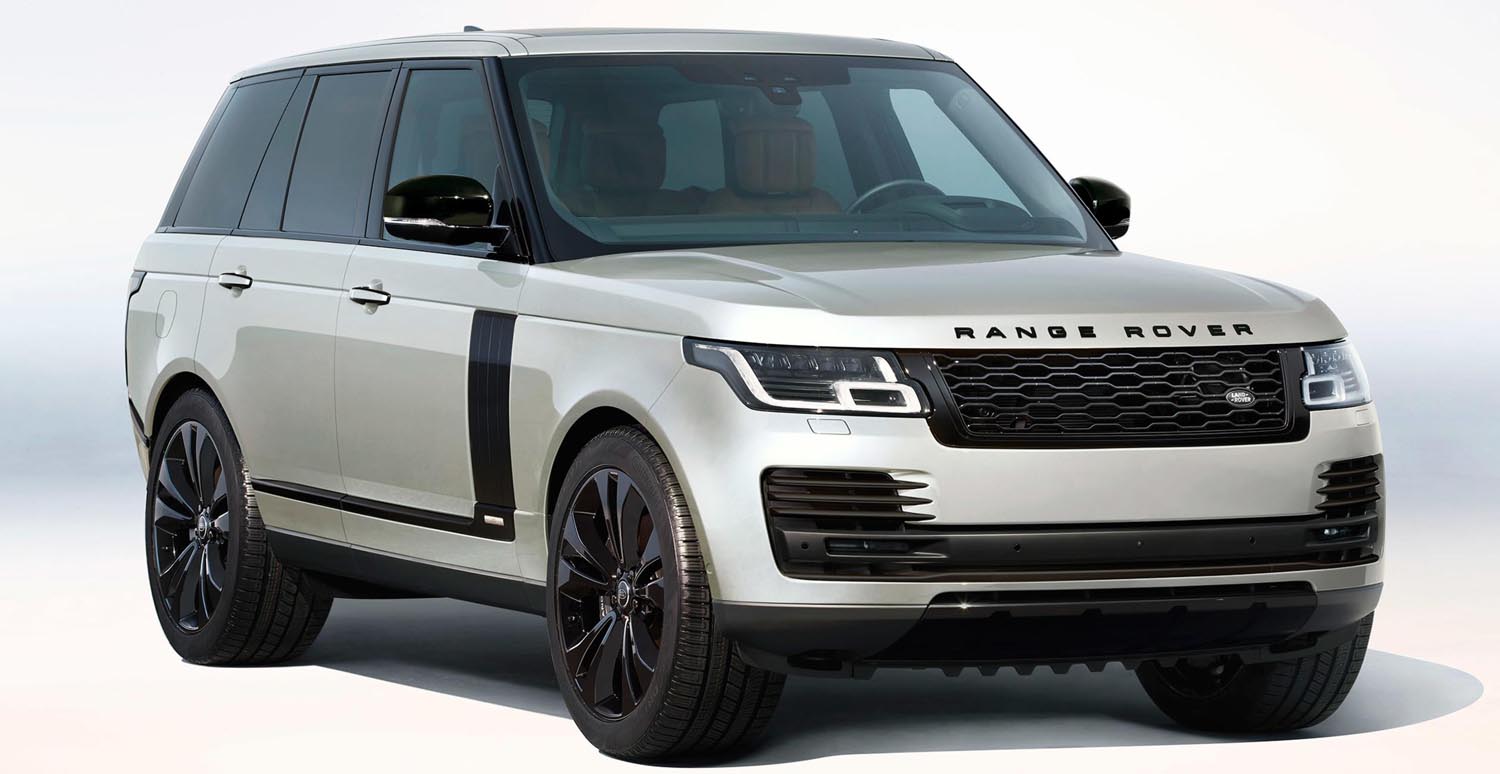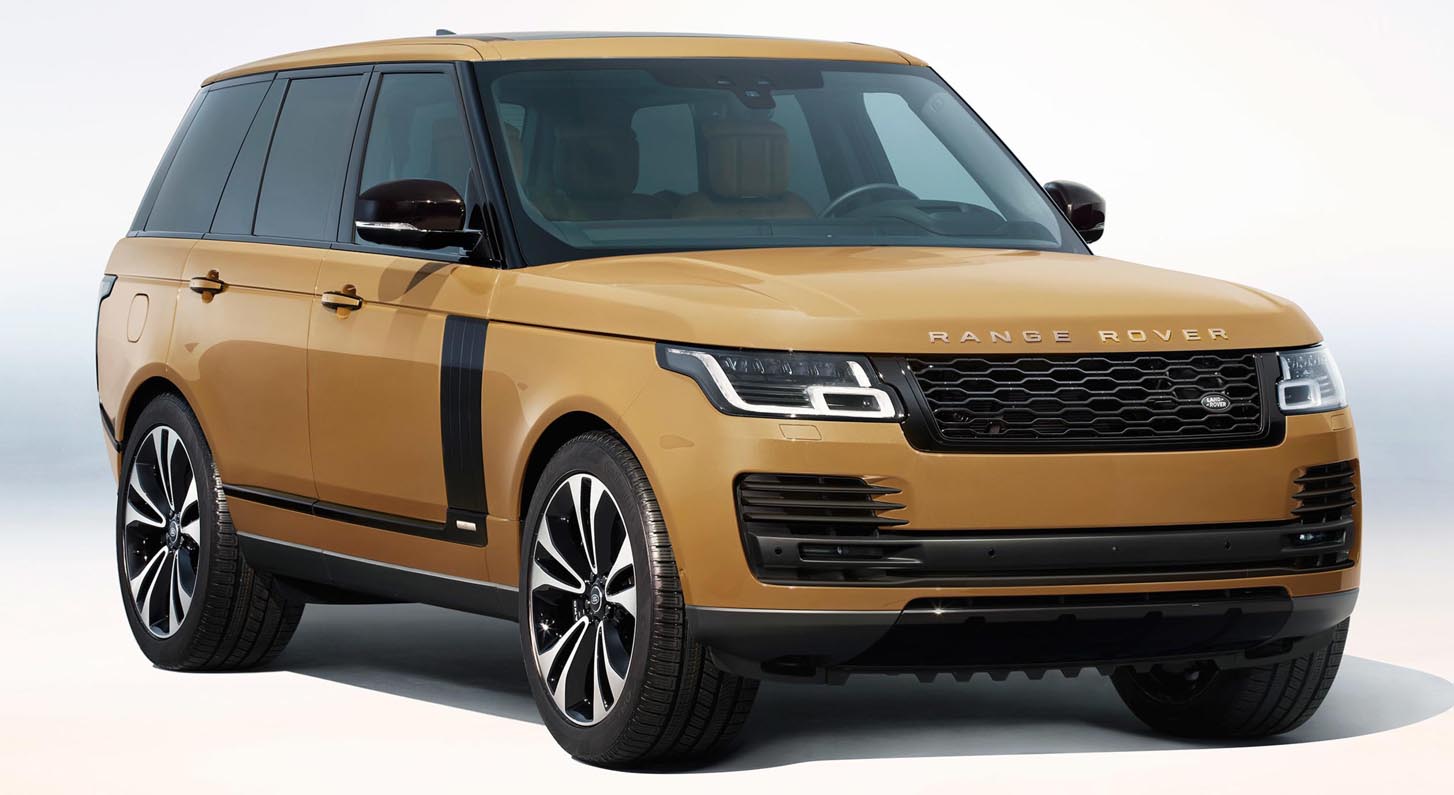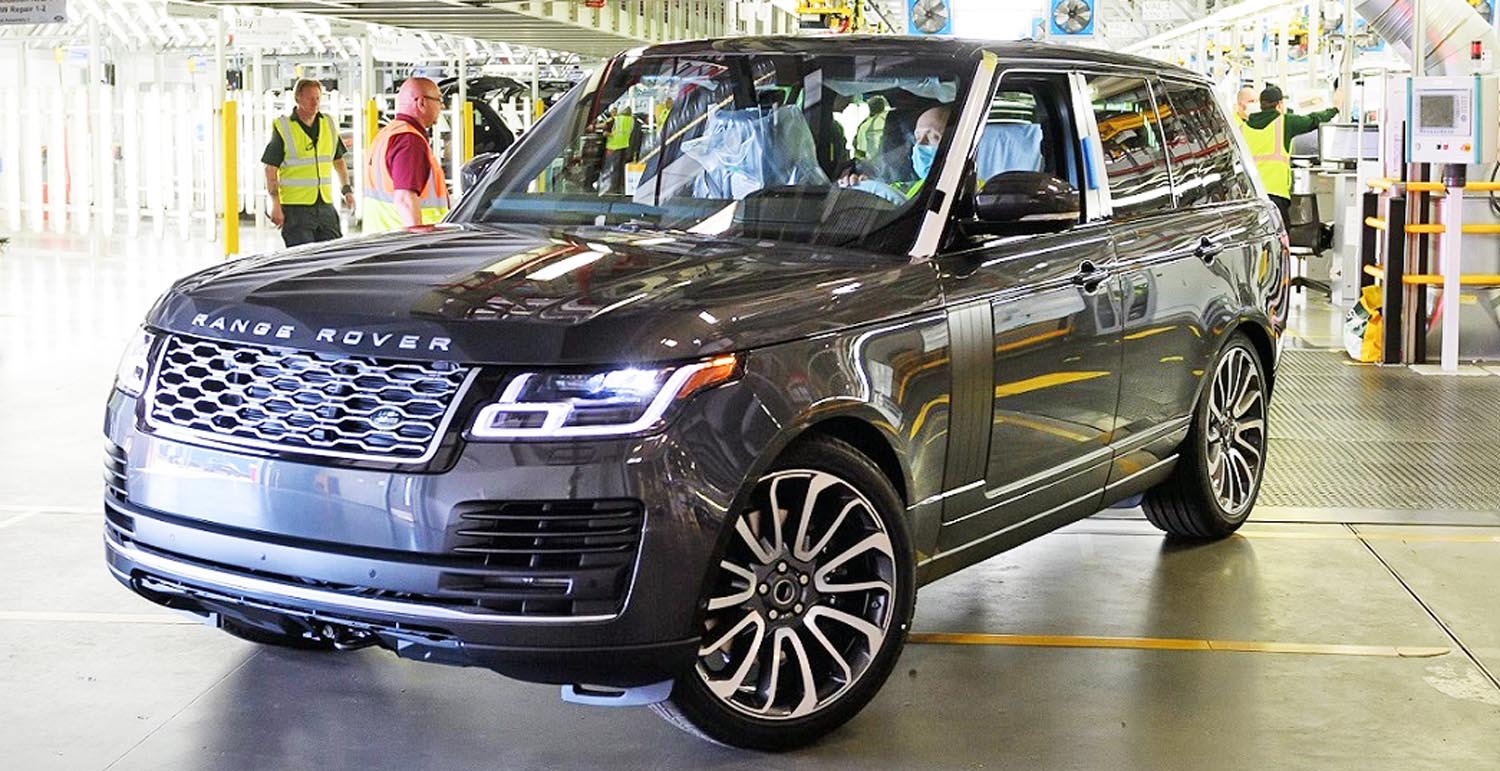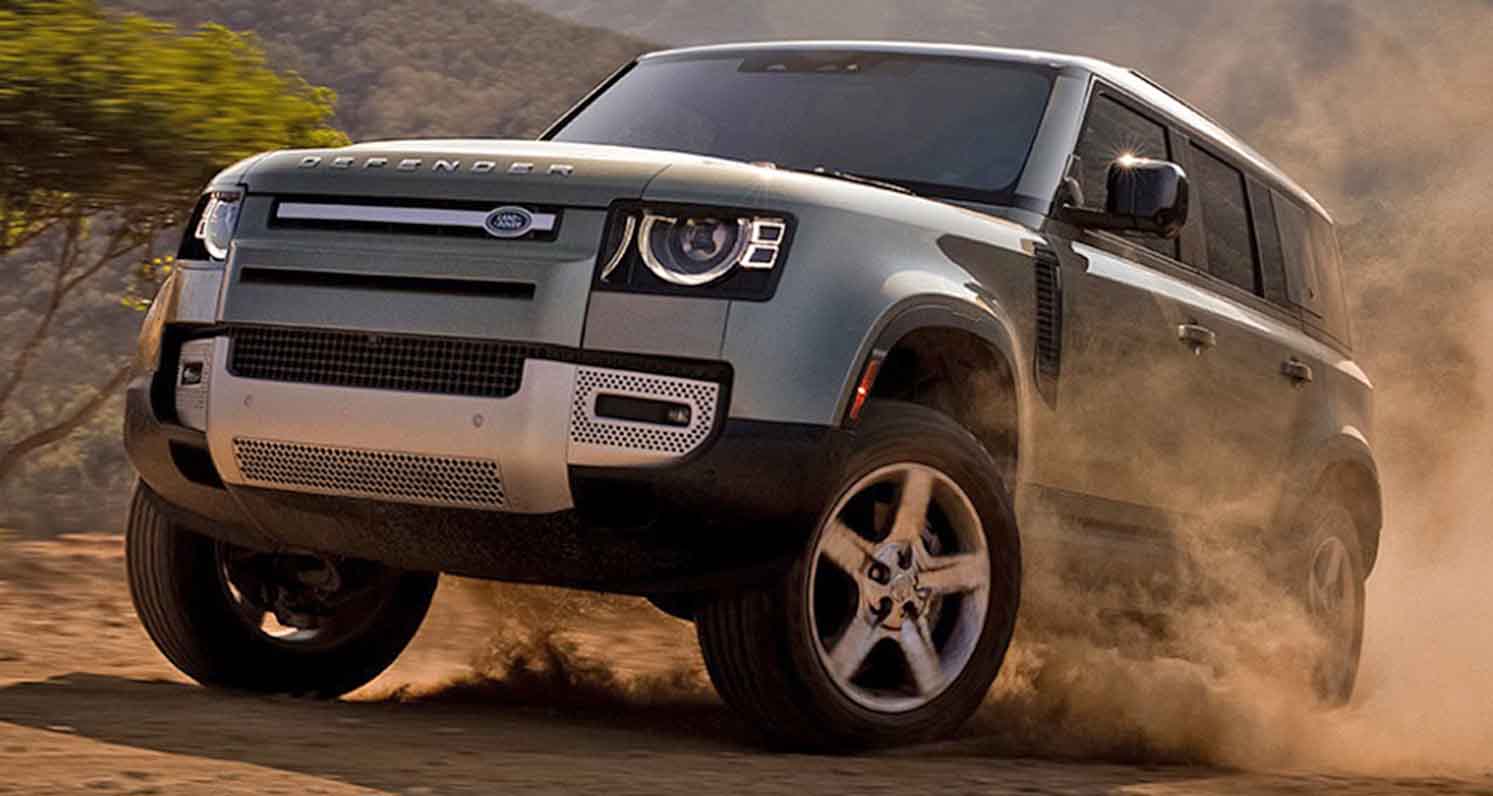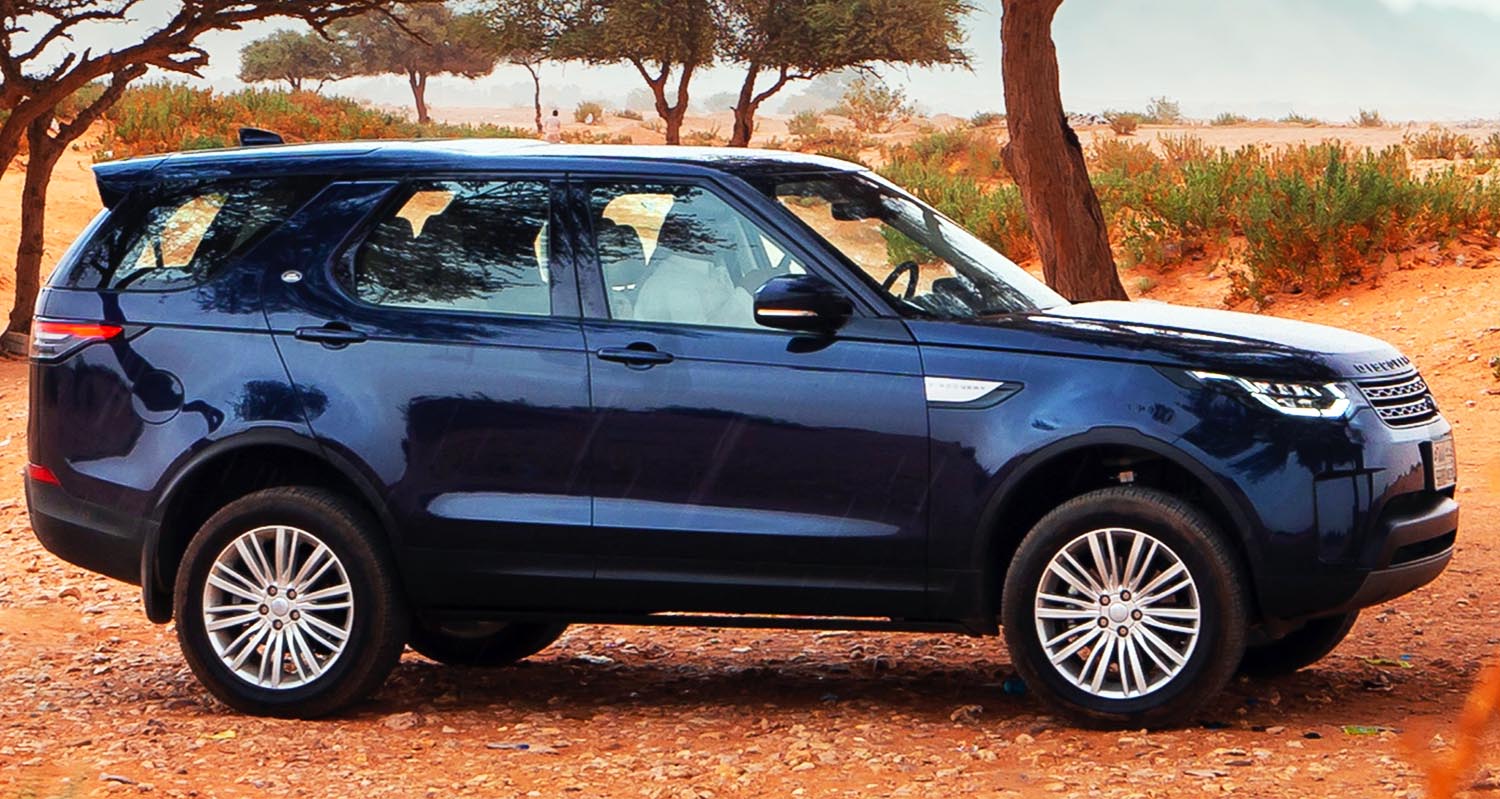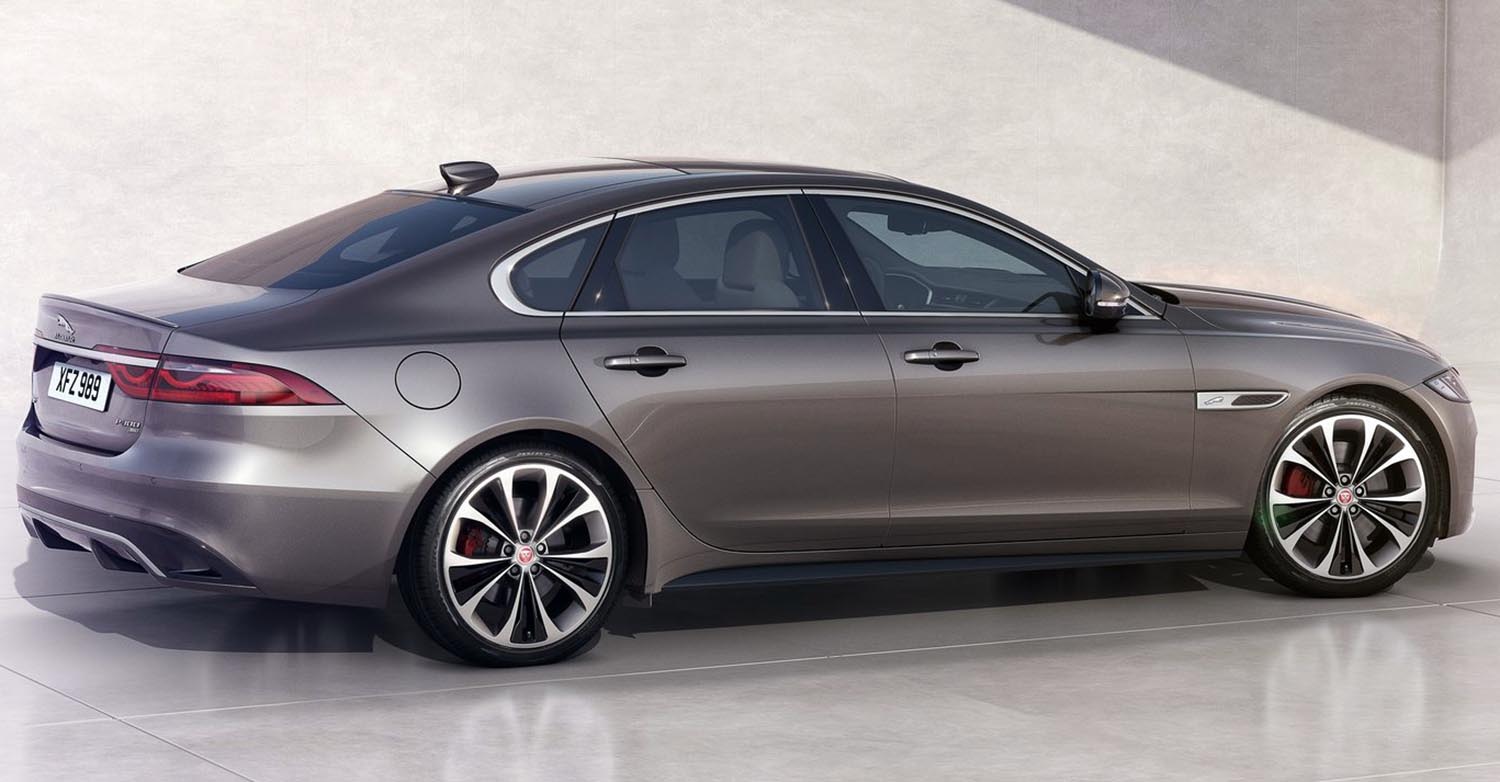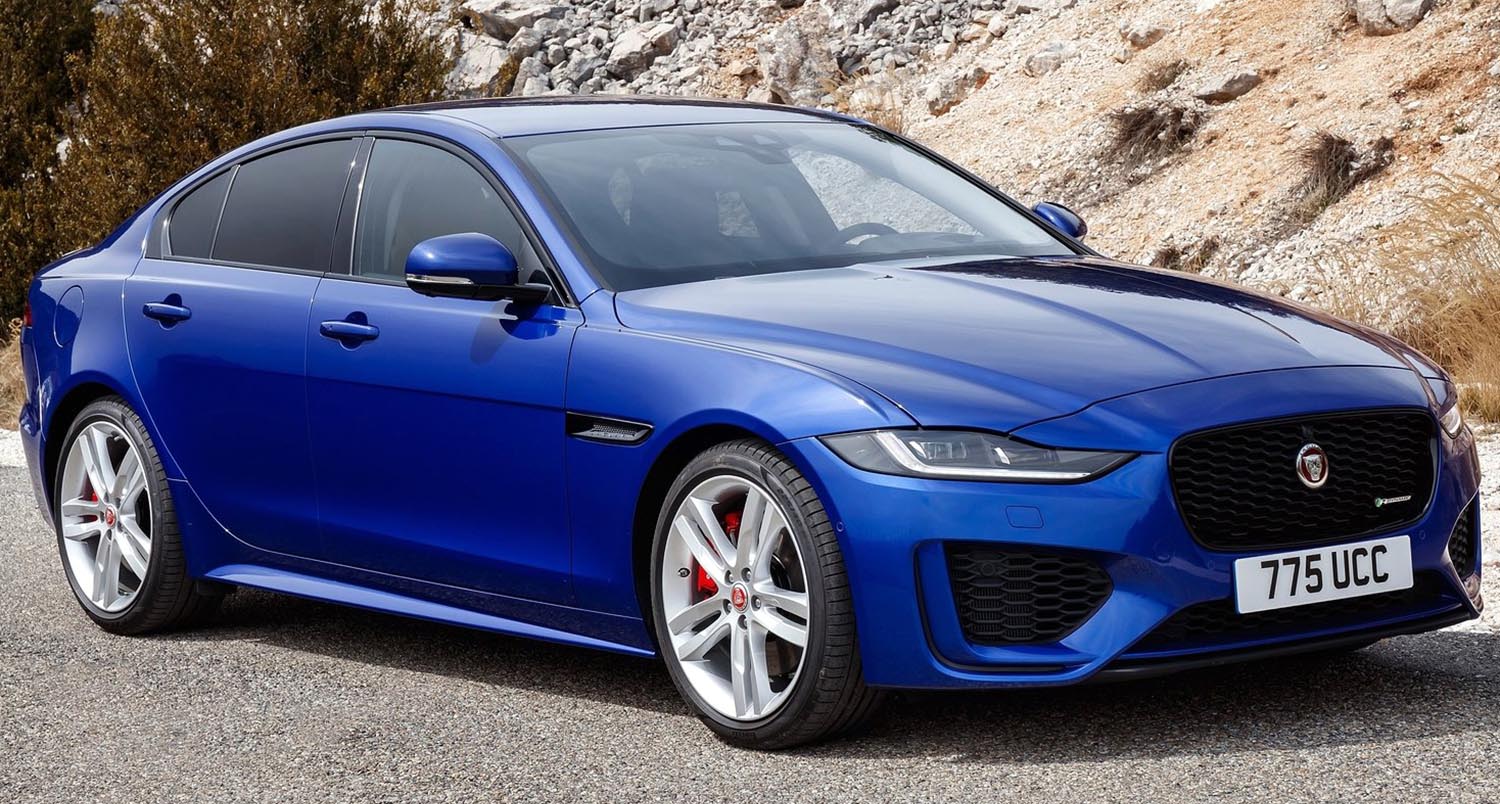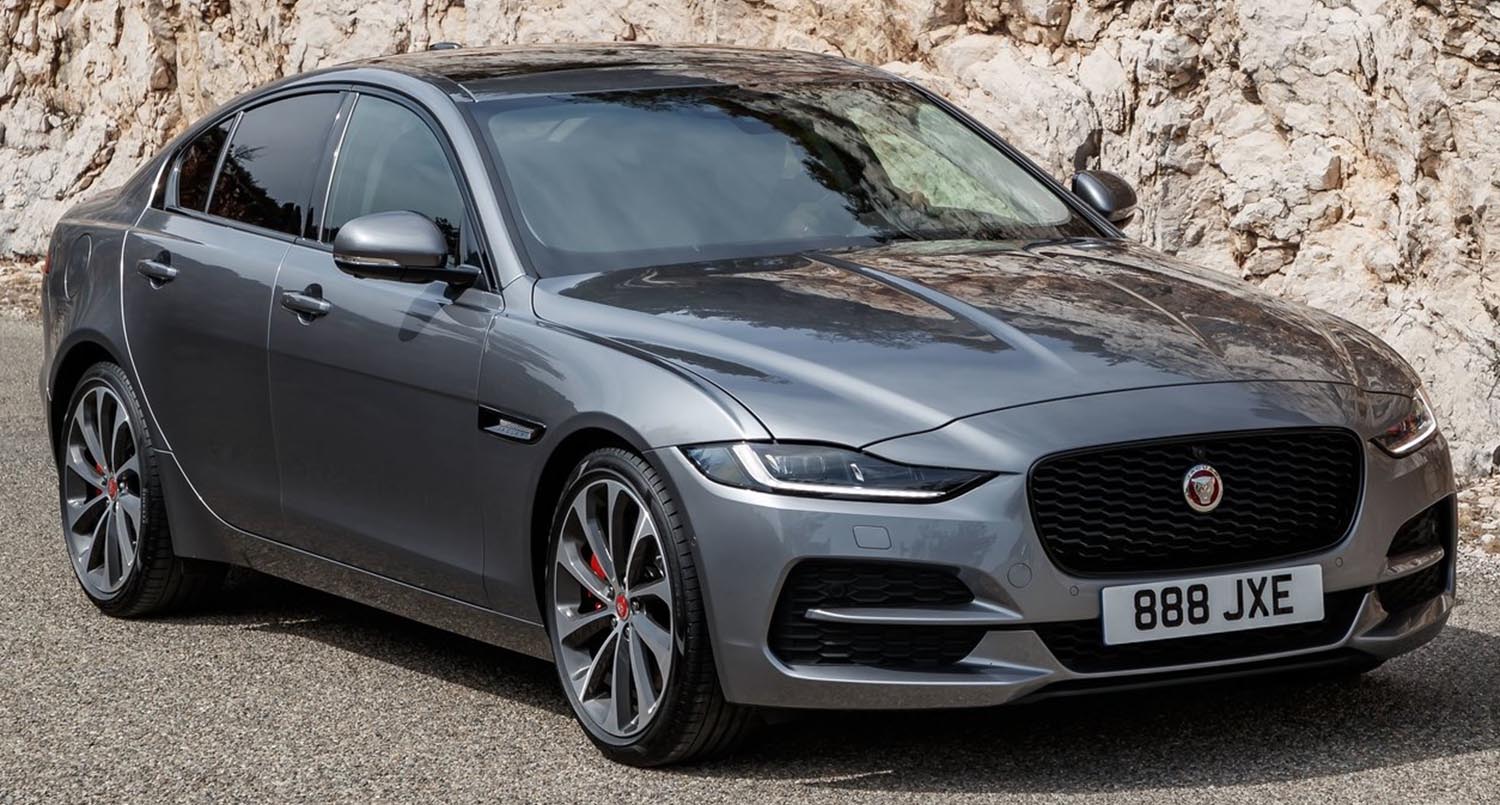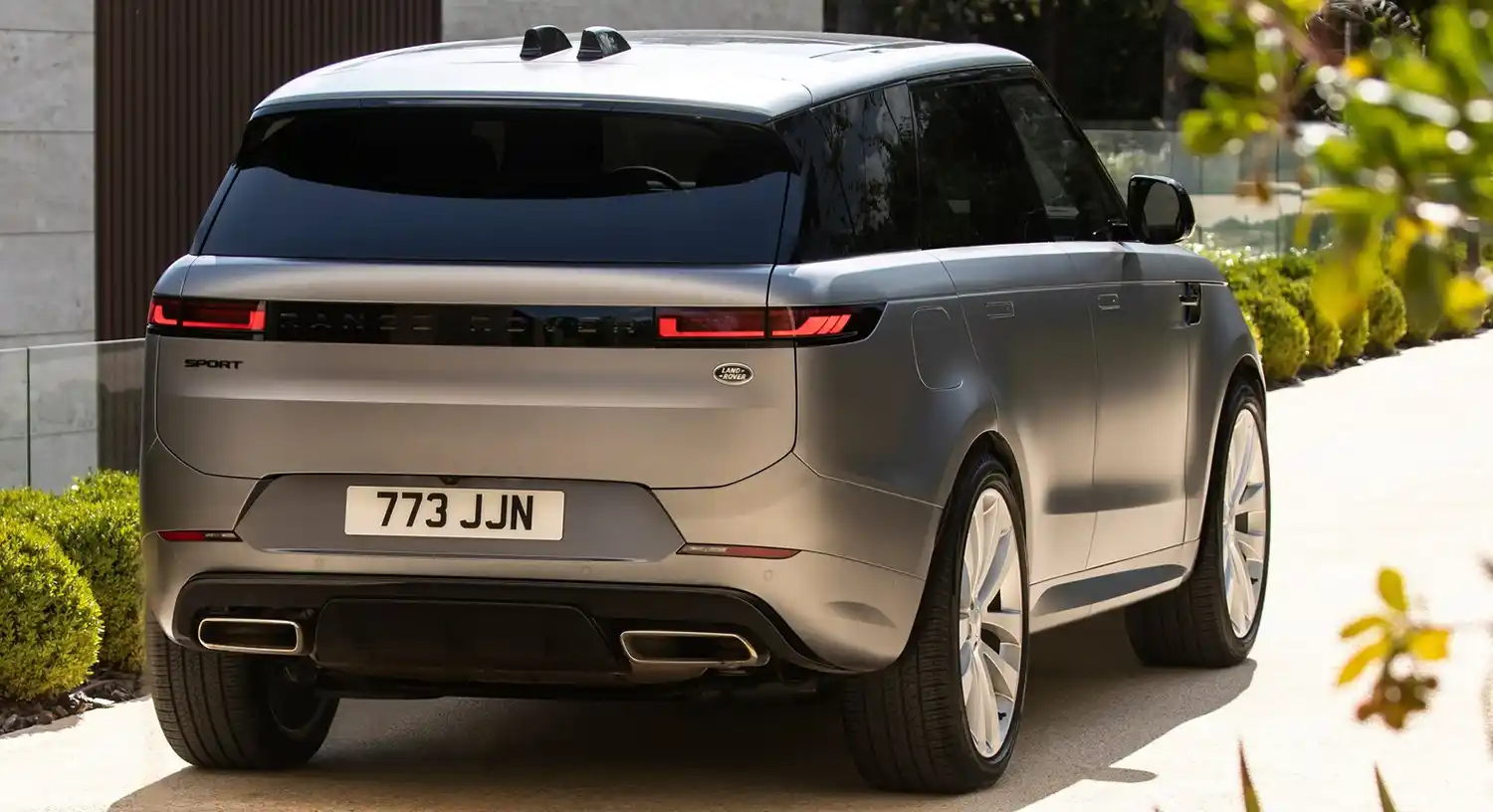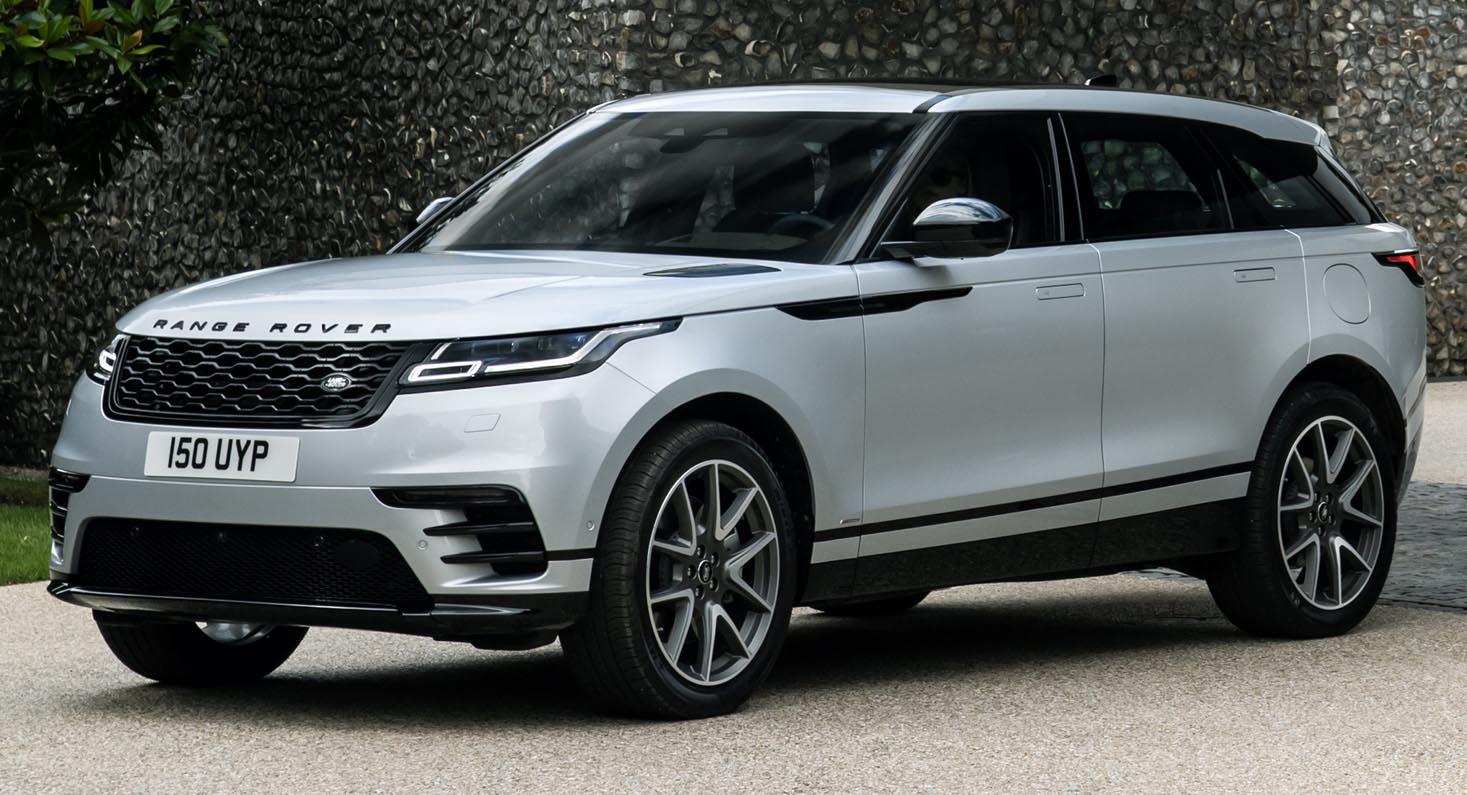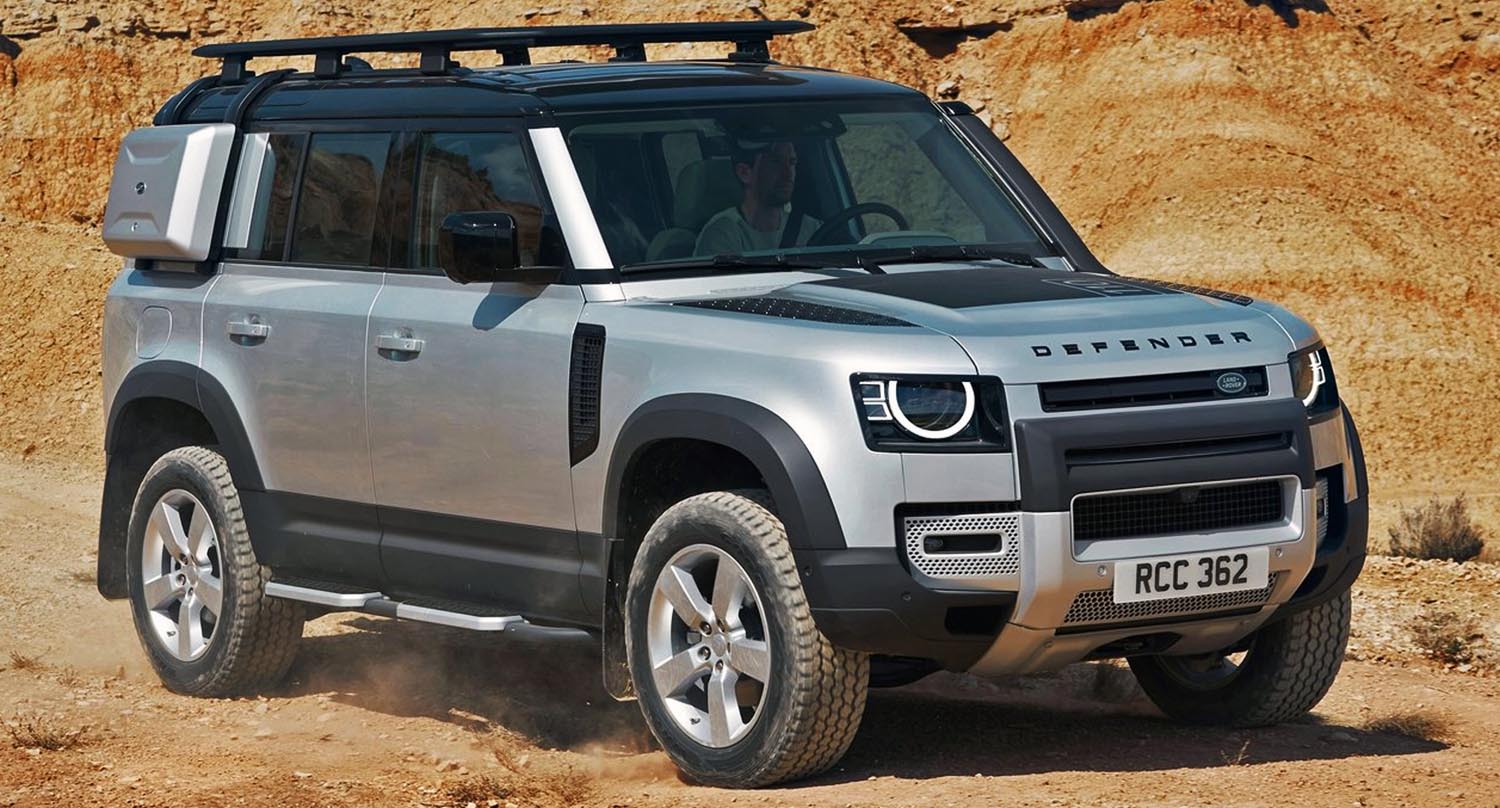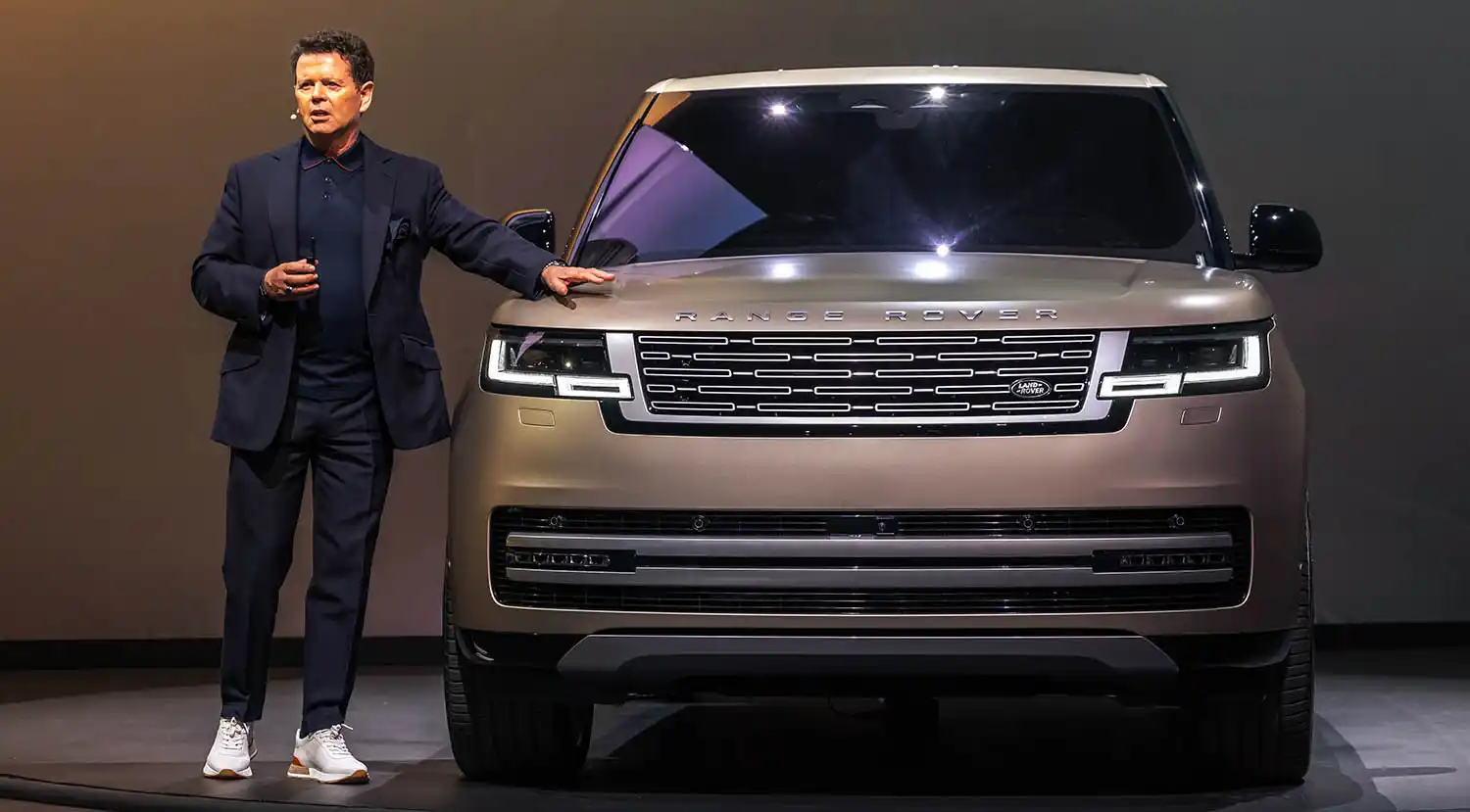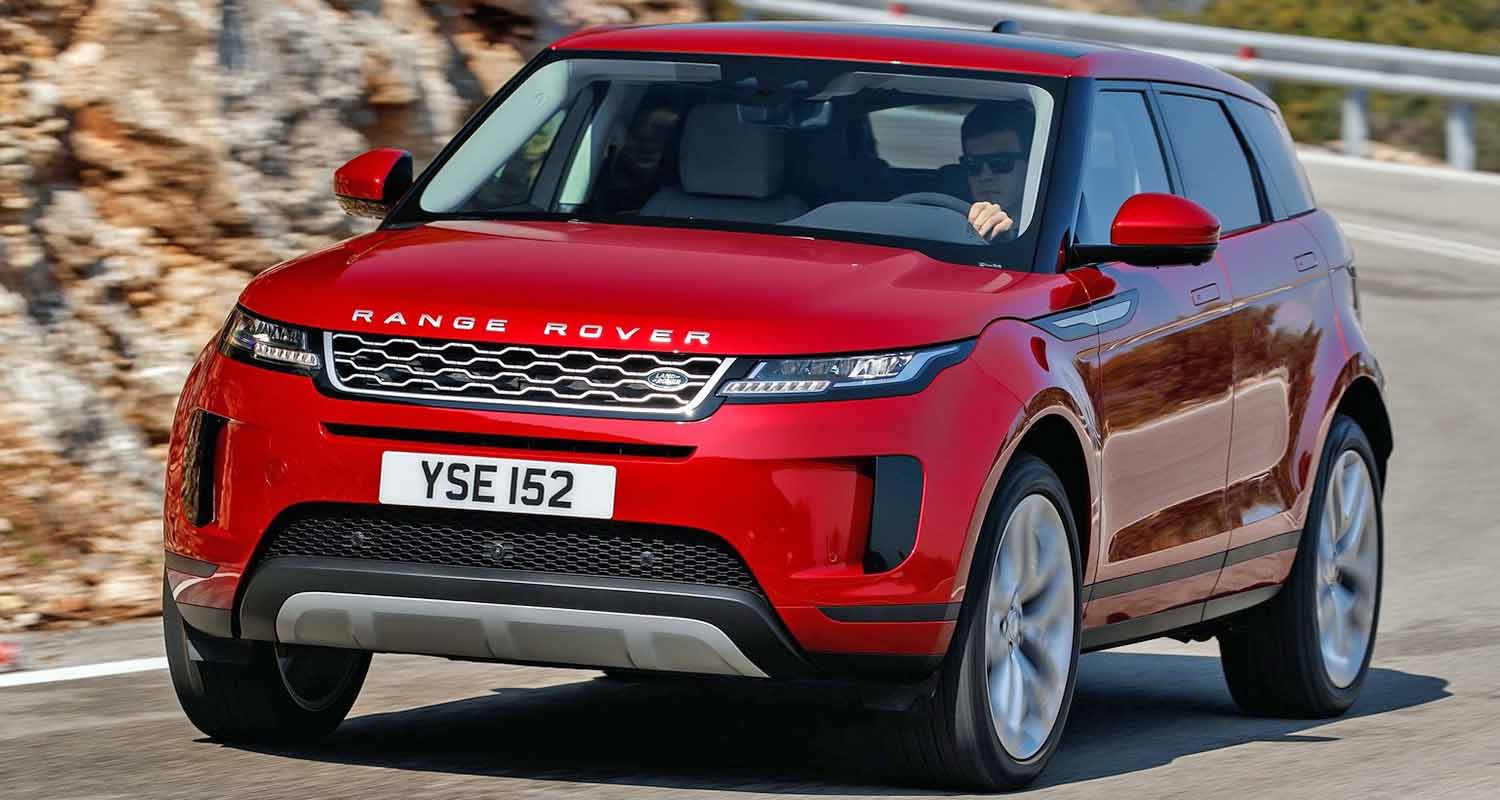
Jaguar Land Rover is preparing for future electric vehicles with advanced lightweight composite research that will help deliver increased range, greater performance and a more dynamic drive.
The Tucana project is a four year programme to make the UK a world leader in low-carbon technology, helping prevent 4.5 million tonnes of CO2 emissions between 2023 and 2032 by accelerating mainstream use of electric vehicles and making vehicles lighter to both decrease tailpipe emissions and reduce energy consumption of electrified powertrains.
The research will allow Jaguar Land Rover to develop lightweight vehicle and powertrain structures by replacing aluminium and steel with composites capable of handling the increased torque generated by high-performance batteries, while improving efficiency and reducing CO2 impact.
Jaguar Land Rover aims to increase vehicle stiffness by 30 per cent, cut weight by 35kg and further refine the crash safety structure through the strategic use of tailored composites, such as carbon fibre. Reducing the vehicle body weight will allow the fitting of larger batteries with increased range – without impacting CO2 emissions.
Advanced composites offer significant reductions in vehicle weight, and by 2022, Jaguar Land Rover expects to have developed a fleet of prototype Tucana test vehicles.
The consortium, led by Jaguar Land Rover, brings together world-leading academic and industry partners including the Warwick Manufacturing Group (WMG), Expert Tooling & Automation, Broetje-Automation UK, Toray International UK, CCP Gransden and The Centre for Modelling & Simulation (CFMS).
Marcus Henry, Research Manager at Jaguar Land Rover, said: “The development of new lightweight body structures to complement the latest zero-emissions powertrains will be key as the electrification of our vehicle range continues.
This project will allow the true environmental credentials of electric vehicles to be realised by enabling wider adoption of the technology and will propel Jaguar Land Rover and the UK supply chain into a world-leading position in low-carbon technology.”
Ian Risk, Chief Technology Officer at CFMS, said: “Tucana shows how new technology development can be optimised and accelerated with digital engineering.
Using new digital design, development and manufacturing tools helps to deliver emissions reduction faster, so the UK economy can reach zero emissions quicker.”
The continued electrification of Jaguar and Land Rover vehicles is part of a commitment to make societies safer and healthier through innovative technology.
Jaguar has completed the electrification of its PACE family with the P300e plug-in hybrid powertrain offered on the new Jaguar E-PACE and P400e for Jaguar F-PACE alongside the all-electric Jaguar I-PACE.
Similarly, the new Range Rover Velar is now offered with the P400e, completing the hybrid options available across the Range Rover family.
